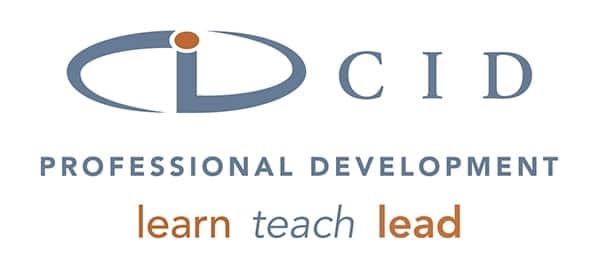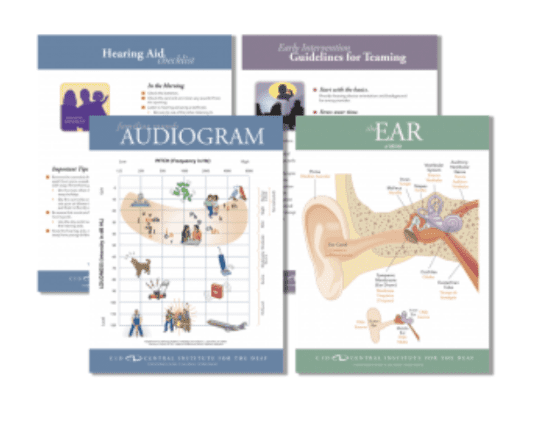
CID BLOG FOR PROFESSIONALS
Welcome to our blog dedicated to you, the professional supporting a child with hearing loss. Here you will find a wealth of informative listening and spoken language topics, along with recommendations you can apply to your students. Whether you’re a speech-language pathologist, teacher of the deaf, early interventionist or audiologist, or if you simply have a professional interest in supporting children who are deaf and hard of hearing, you’ve come to the right place for insights you can apply in your own setting.
Do you have a topic you would like us to consider? Or are you interested in being a guest blogger? We’d love to hear from you!
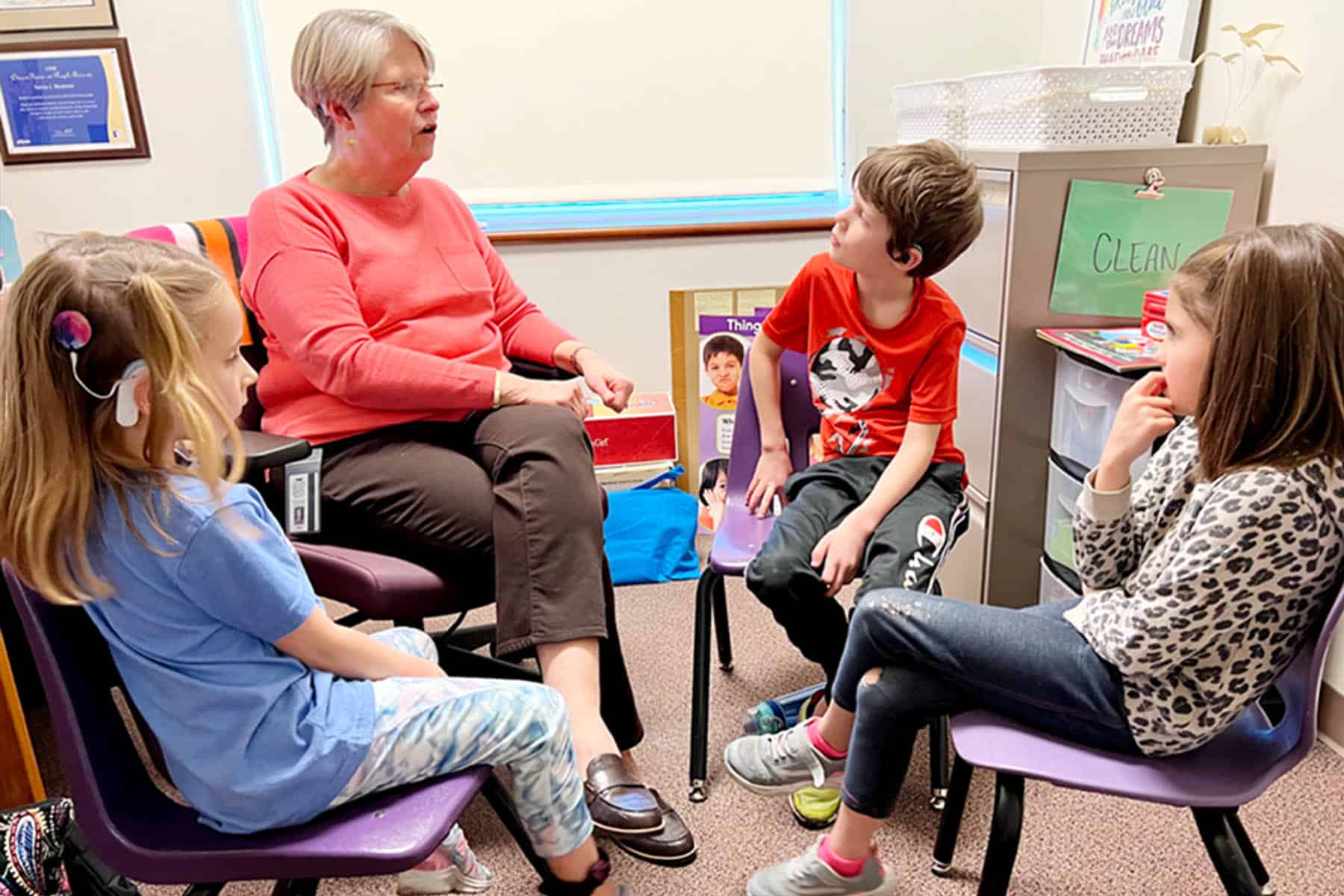
One of the most vital roles at any school is that of a school counselor. At CID, Pat Wasserman fulfills this role every day by supporting ...
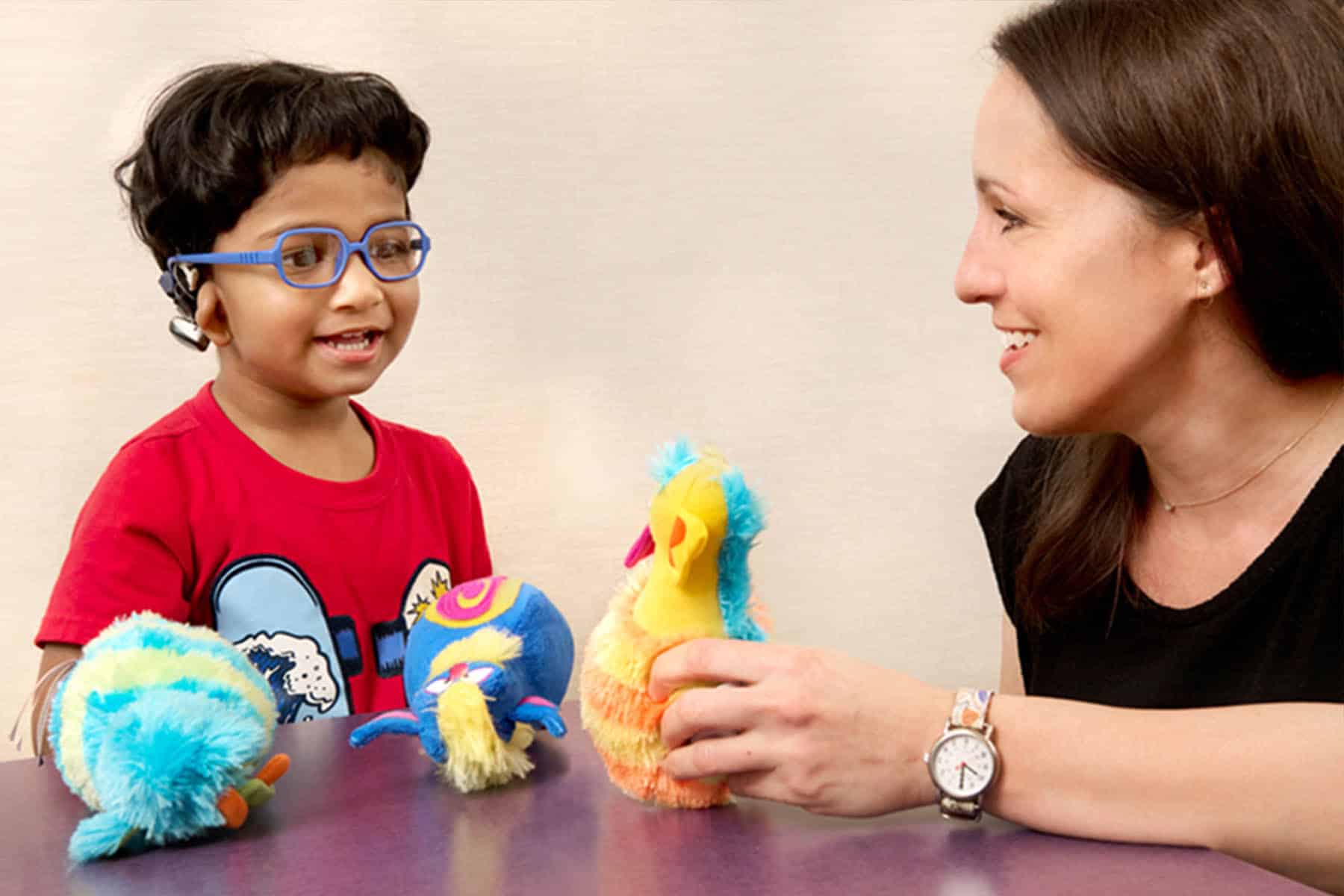
May is Better Hearing and Speech Month. In honor of the great work speech-language professionals around the world do, we are bringing you some ...
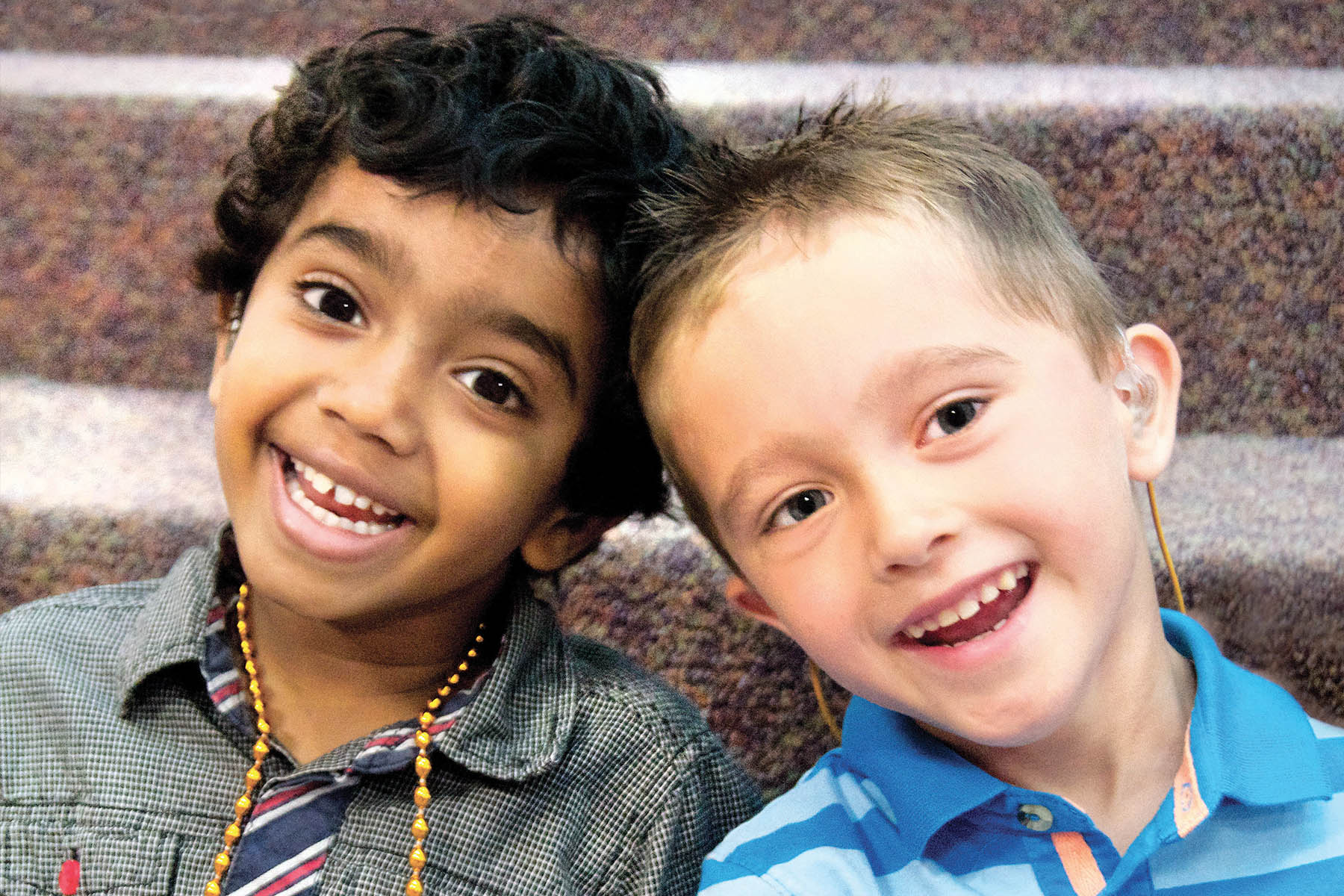
Quality of life (QOL) is defined as the standard of health, comfort and happiness an individual or group experiences. QOL is often subjective, ...
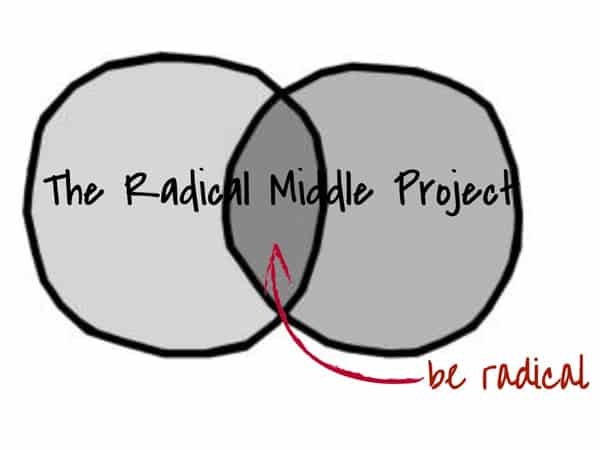
Aye, fight! But not your neighbor. Fight rather all the things that cause you and your neighbor to fight. –Mikhail Naim
The goal of The ...
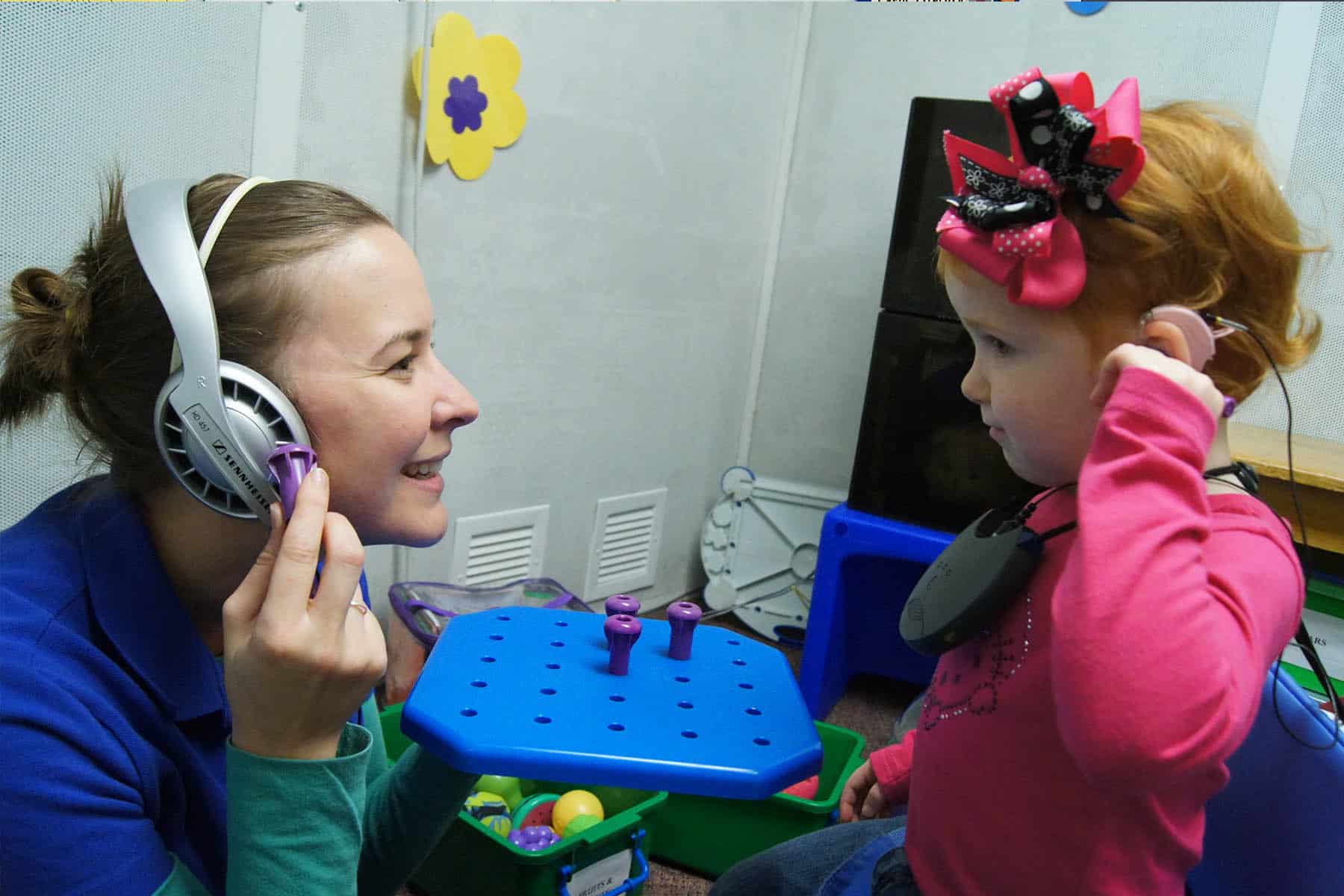
The Ling sound test is an effective way to check a child's access to a range of speech sounds. But how should the test be conducted when one of ...

Winter brings mixed emotions and varying levels of motivation for students and professionals alike. On one hand, it seems a fine time for ...
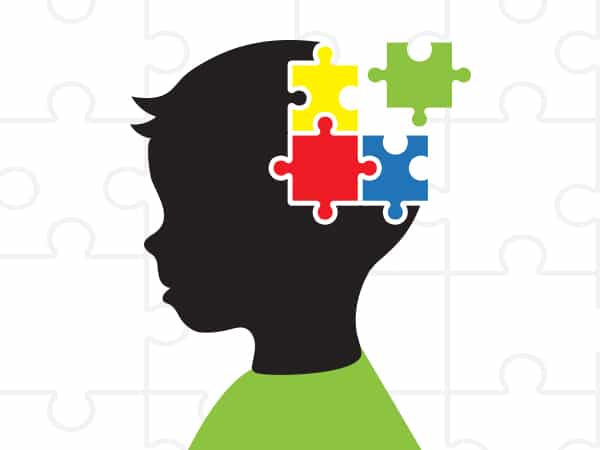
Five-year-old Sam is building a tower out of blocks when Jack walks by and knocks it over. Jack pauses, laughing, while Sam cries. Jack hands ...
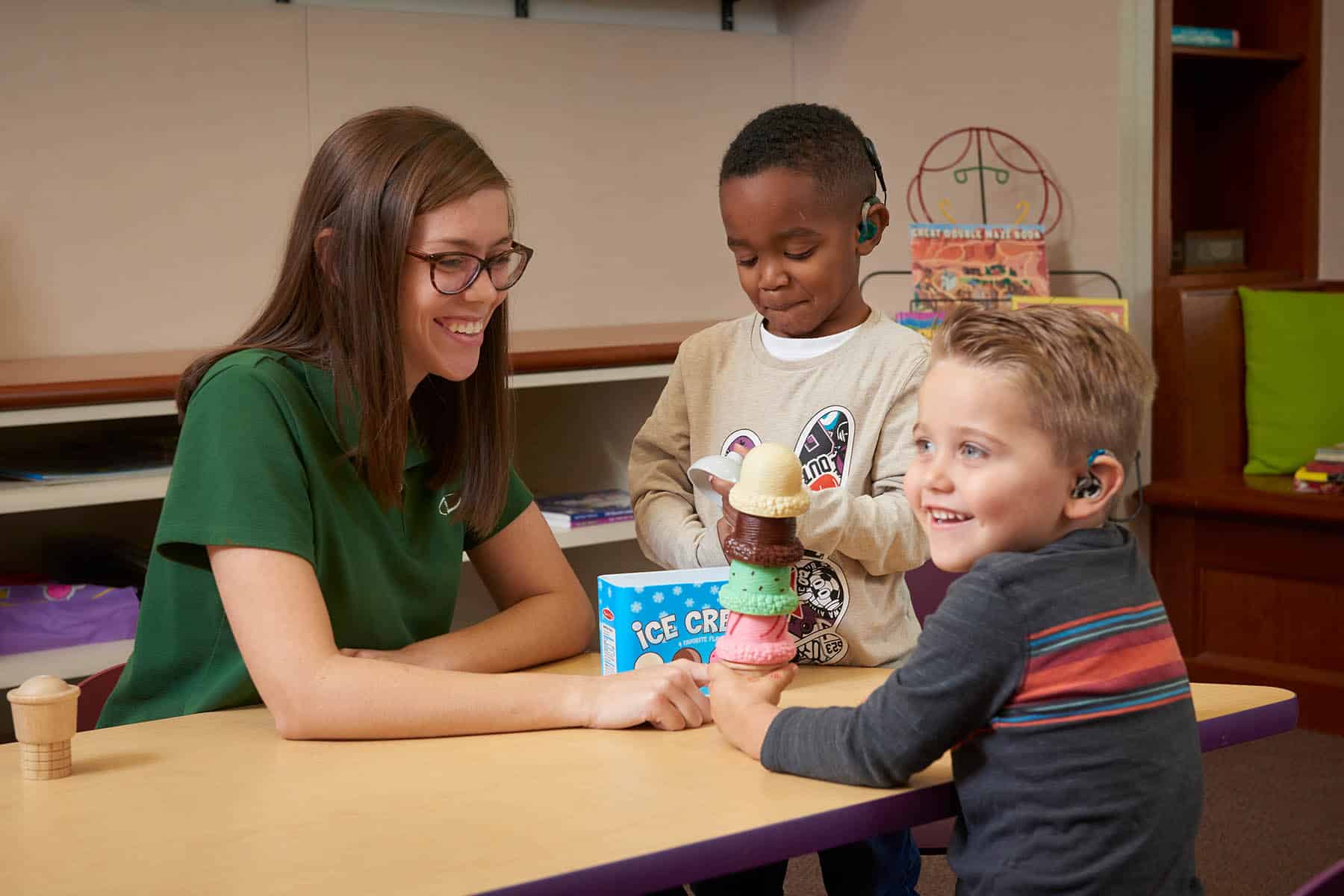
Commercially available games that maximize listening, spoken language, and communication are a “WIN” for children who are deaf and hard of ...
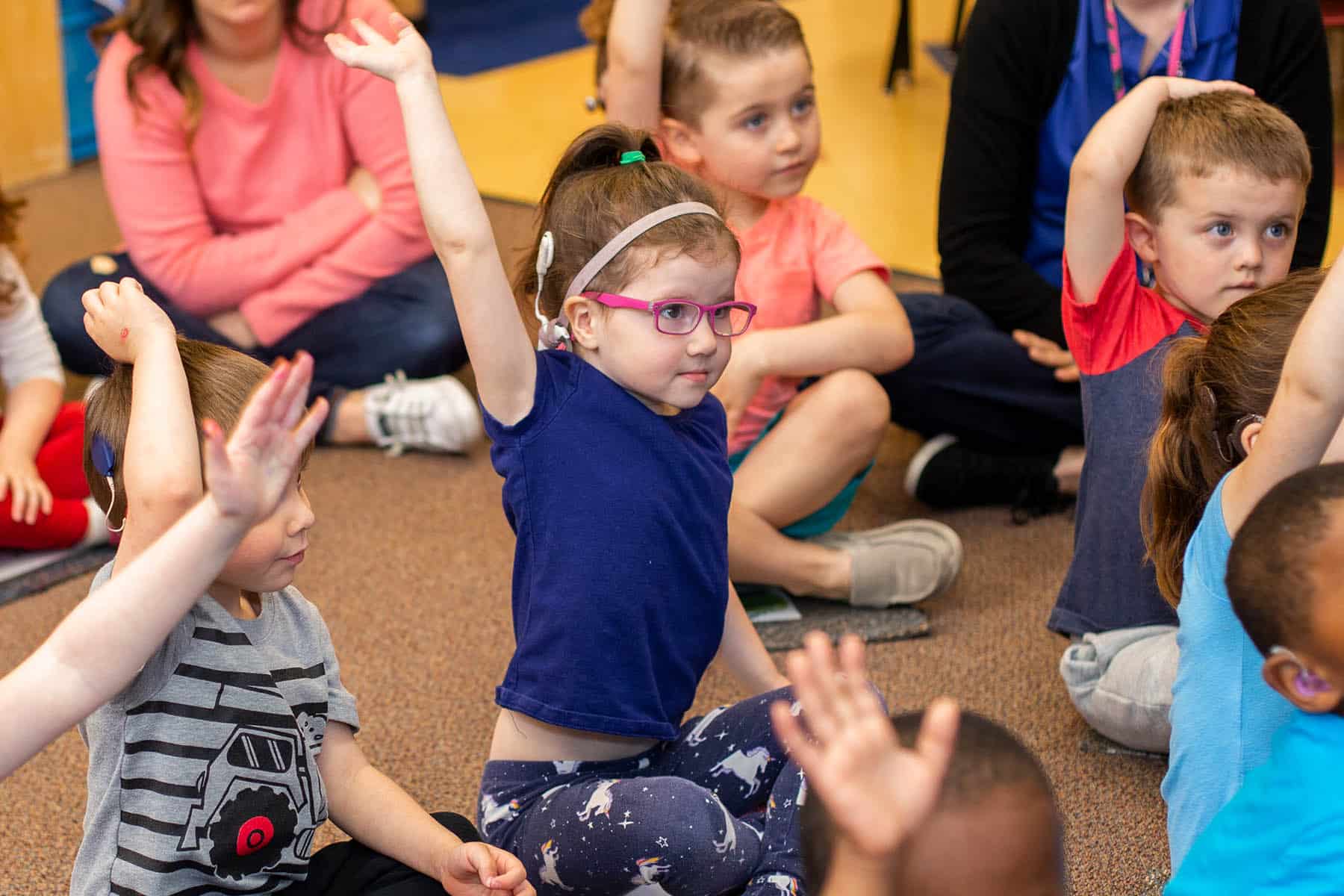
Understanding and answering questions are essential skills many children with hearing loss find challenging. When teaching these skills, you’ll ...

When you hear hooves, think horses not zebras.
Hearing technology has improved immensely over the last decade, and language outcomes for ...
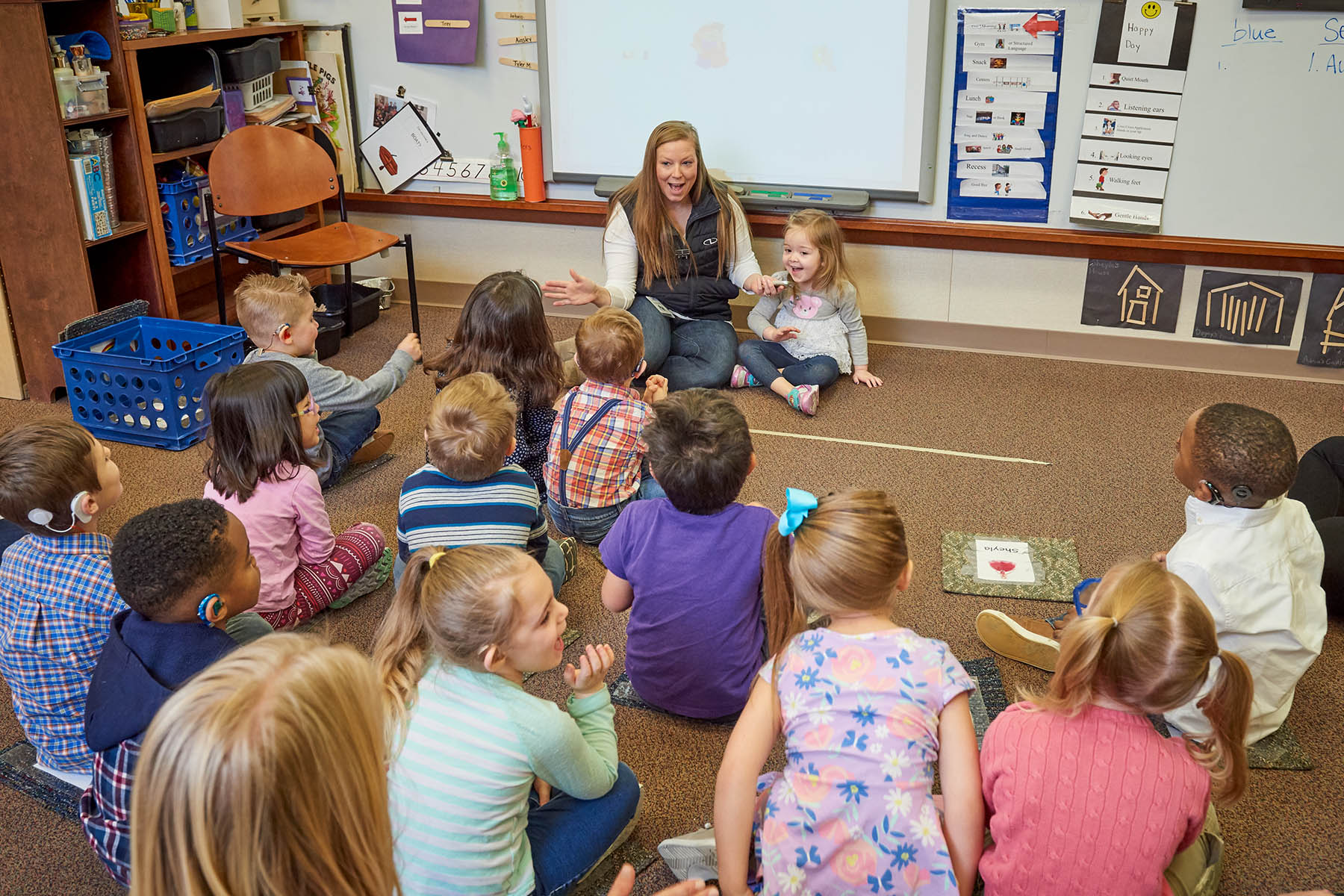
Teachers of the Deaf are well-equipped for addressing the language, communication and literacy needs of students who are deaf/hard of hearing ...

What we know and what we wanted to know
Language input refers to the exposure learners have to the language they are expected to acquire. ...
